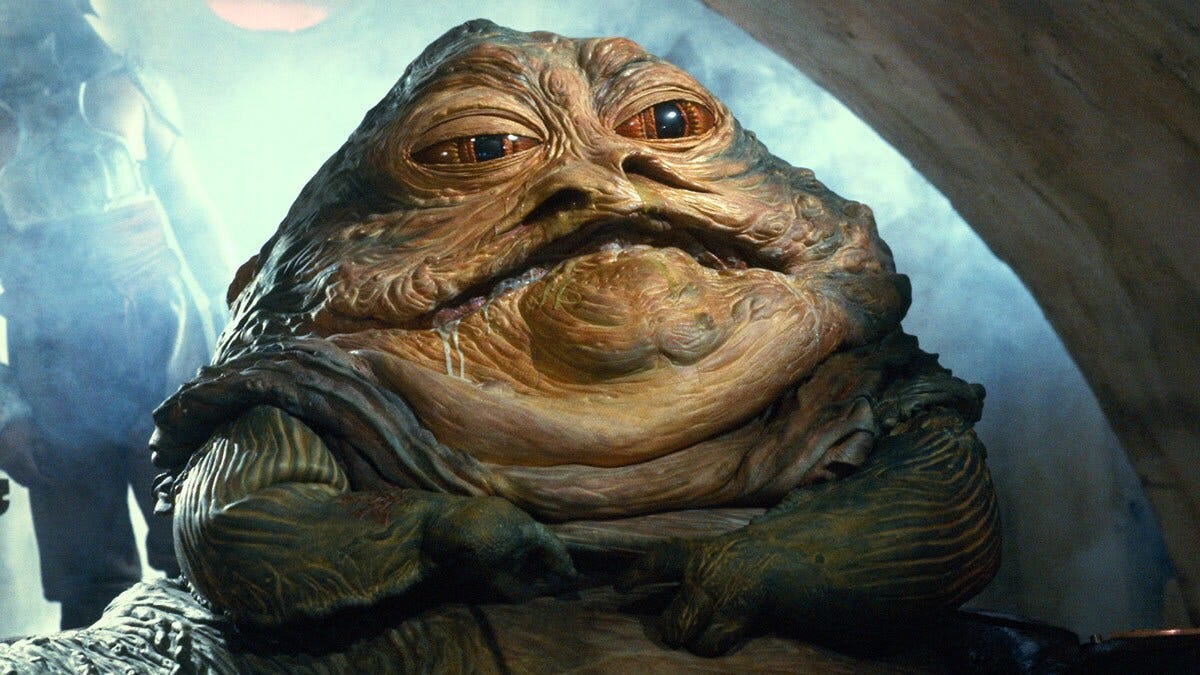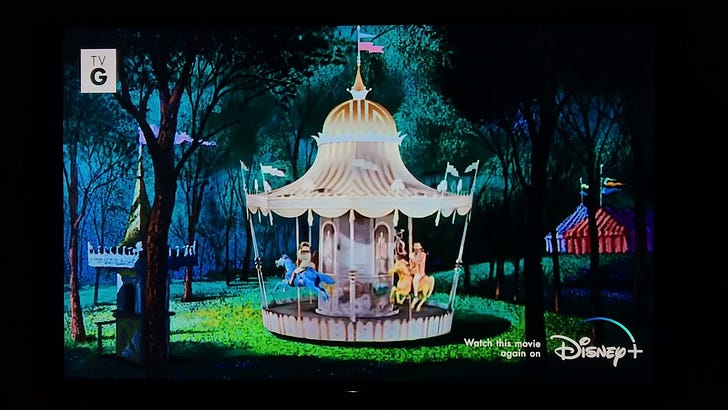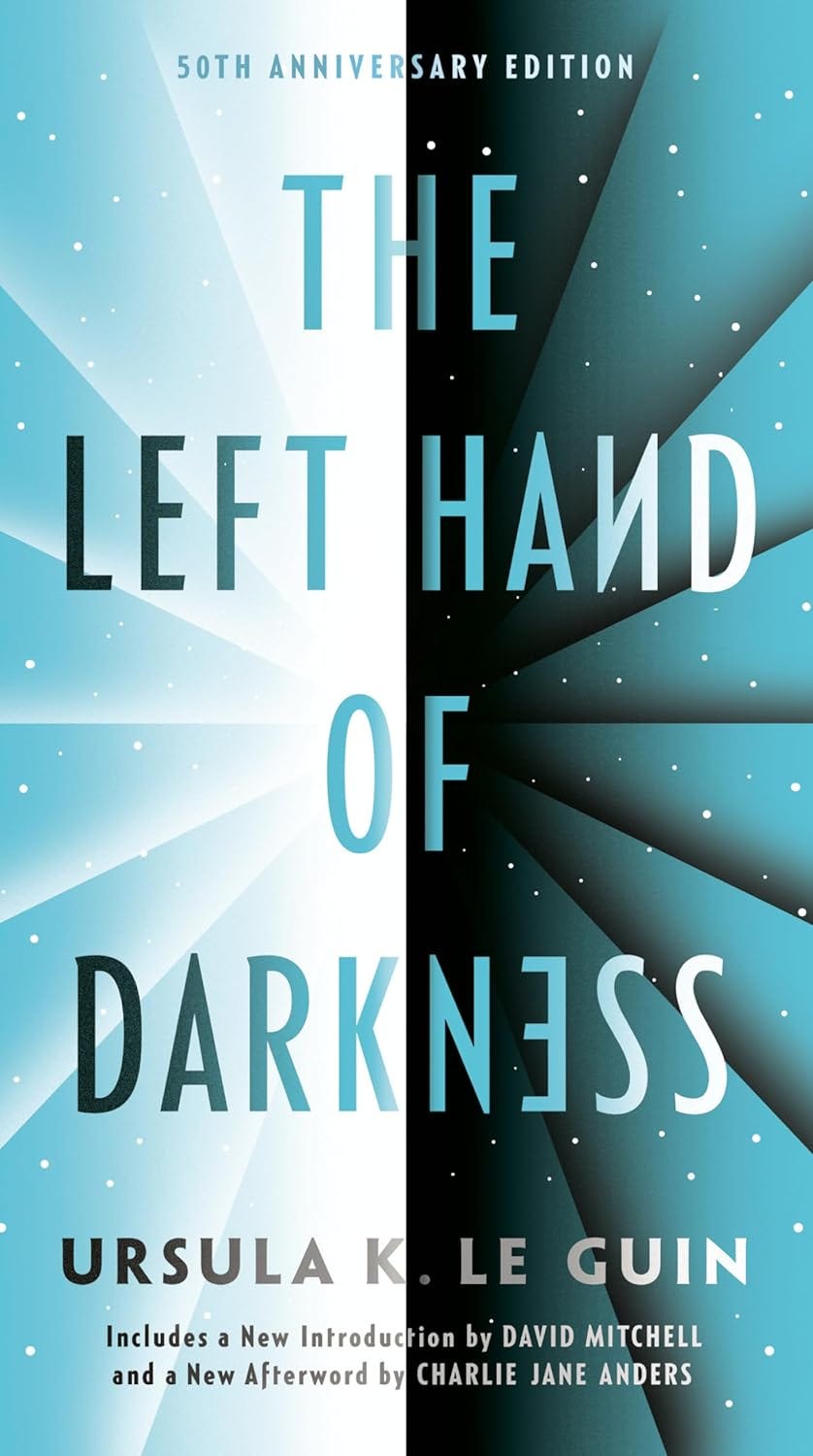The Alien Truth about Lying
Are humans the only beings that lie? Why do we imagine aliens the way we do?
Last week on The Novel Tea, we discussed The Humans by Matt Haig. The Humans is an uplifting story about an extraterrestrial who is sent to Earth to destroy a man who discovers something that is beyond what humans can handle. Upon arrival, he learns that the imperfections and struggles of a human might be what life should be about.
I recently binged 3-Body Problem on Netflix, and found myself comparing the ways in which aliens were represented in these two stories.
You are reading The Novel Tea Newsletter, companion to The Novel Tea Podcast, where you’ll find book reviews, thematic literary analysis, and cultural commentary to help you thoughtfully engage with the world.
New posts come out every Tuesday. If you enjoy reading our work, please consider subscribing and sharing the newsletter with others.
3-Body Problem
This section of the newsletter contains spoilers from the Netflix show 3-Body Problem
The alien species San-Ti is much more technologically advanced than human society (*rolls eyes* — aliens are always shown to be smarter than us ‘primitive’ humans), but what do they do when their planet is dying and they have nowhere to go? They collaborate with some of the smartest humans to create a plan to join us, and when that doesn’t work… they invade.
An alien invasion — what’s new? Well, 3-Body Problem does bring something new to the board in terms of extraterrestrial beings. We, humans, have enough time to develop the technology to put up a fight because their estimated arrival time is about four hundred years. Oh, and also the San-Ti have two supercomputers already on Earth that have been shrunk down to the size of a proton, can travel at the speed of light, and are spying on everything we are doing to prepare for the potential war.
Other than the fact that The Humans and 3-Body Problem are stories about aliens on earth, I noticed a few other similarities between the two stories. In The Humans, the extraterrestrial Andrew Martin has an affair, and it doesn’t cross his mind to lie to his human wife about it. He is open and honest and has trouble understanding monogamy. If you’ve watched 3-Body Problem you’ll know that the singular human defect, amongst our many, that switched the San-Ti from being on our team to being against us, was the concept of the lie. This begs the question, can deceit be only a human flaw?
Surely, this can’t be the case - animals must deceive too. Don’t possums fake their death as a survival tactic? However, there is a difference between deceiving and telling an intentional lie.
Commander Chakotay: Can I ask you to be honest with me, Lieutenant?
Lieutenant Tuvok: As a Vulcan, I am at all times honest, Commander.
Commander Chakotay: That's not exactly true. You lied to me when you passed yourself off as a Maquis to get on my crew.
Lieutenant Tuvok: I was honest to my own convictions within the defined parameters of my mission.
Commander Chakotay: You damned Vulcans and your "defined parameters."— Star Trek
There are several reasons why humans may lie, including avoiding punishment, embarrassment or to impress others. The fact that other fictional beings cannot lie implies that their society may be “perfect” and are not put in positions where lying is necessary or even possible. Are aliens in literature and film just morally better than us, humans?
Aliens>Humans
Alien invasion is just one of the common tropes of aliens in science fiction. Aliens are usually imagined to have large heads that are meant to relay a bigger brain, i.e., smarter than us. They are also usually nose-less (as Andrew Martin in The Humans describes that noses are the most vile feature on a human’s unbearable face). Are these physical stereotypes based on anything? Check out this interesting video by Vox.
…the challenge with anything like that is that if it doesn’t follow the laws we know, its hard to sell it as something real and tangible
— Charlie Henley, a VFX supervisor who worked on the Alien franchise
When we picture an alien, we probably all imagine different things. Still, it is usually based on someone else’s imagination of the creature, whether it’s Stitch from Lilo and Stitch, or Jabba the Hutt from Star Wars. In most stories that include fictional aliens, they are portrayed to be ‘better’ than humans (except maybe their looks, because some aliens are pretty hard to look at), not just morally, but sometimes physically, technologically, and intellectually, too.
From the perspective of an alien invasion, this cliché of aliens being more powerful than humans makes sense. The enemy should be strong otherwise there would be no struggle, and what’s a better fight than with a species that is non-human but also super-human? Besides, usually in this trope, the humans end up winning, so maybe the message these stories are trying to portray is that no matter how strong the opposition may be, we will always come together to save humanity.
— Neha
Related Posts you Might Have Missed
Up Next
Our next book will be The Left Hand of Darkness by Ursula K. Le Guin — this book is about a human visiting the alien planet of Gethen and explores how to create and maintain relationships with beings that are different in every way. Tune in to our conversation to hear more about the book, its themes, and ideas on April 24th, on The Novel Tea podcast.









